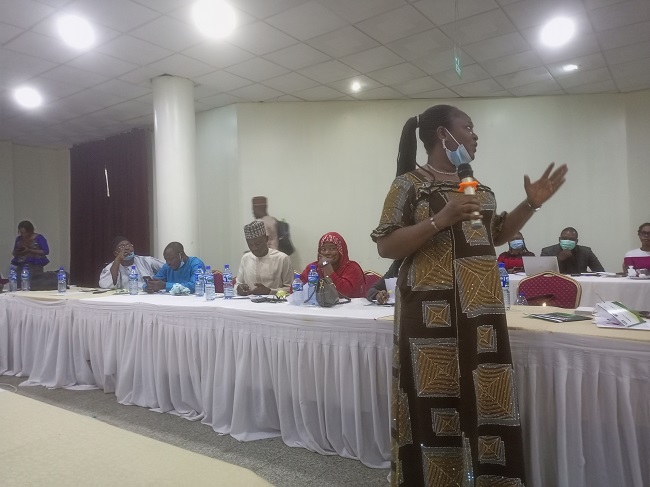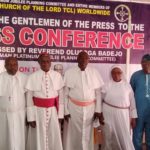No less than N1bn has been raised and sustained in various rural businesses, across the six geo-political zones of Nigeria.
The amount was put together by over 200,000 women in Abia, Kebbi, Niger, Ogun and Taraba by evolving a sustained livelihood programme through their social capital.
This was revealed at a three-day workshop by Nigeria for Women Project (NFWP), which opened in Abuja and geared towards enhancing the women’s socio-economic status in Nigeria, a programme supported by the World Bank.
National Project Coordinator, Mrs Ruth Peter Mshelia, said the programme has proven to be self-sustaining and targeted at improving the skills of rural women financially, socially and boosting their networks.
She noted that while they have been able to build and convert their social capital to such a huge resource base, the programme was designed to provide grants of N60,000 maximum to individuals in the Women Affinity Group.
The National Project Coordinator said being a member of WAG was not a guarantee to the proposed grant for which north-central beneficiaries would begin to recover disbursement next week.
According to her, only a successful business plan, would attract grant approval and disbursement.
IN CASE YOU MISSED THESE FROM NIGERIAN TRIBUNE
- ‘Officials initially offered to help but when the number of able-bodied citizens at the centre increased, they left us unattended to’
- Why Ogun Tops List Of ‘Yahoo Boys’ In Nigeria ― Governor Abiodun
- Police, Amotekun after criminals on Lagos-Ibadan expressway
- Suspected cannibal pays N500,000 for boy’s human organs, says ‘that’s my favourite meal, especially the throat’
- Court awards Nnamdi Kanu N1 billion over invasion of his home by military, asks FG to apologise
She maintained that one of the strategies adopted by Nigeria for Women Initiative to eliminate elite capture was, consistency in the programme which would reflect in the attendance of participants.
In her presentation which provided insight on the women affinity group, Fatima Iliya Maji, and Institution Capacity Building (ICB), pointed out that 237,392 women groups which raised the N1,135,306,305 has loaned N657,054,663 from which, N312,116,792 has been paid.
The World Bank, Senior Special Development Specialist and Task Team Leader (TTL), Dr Michael Illesanmi, who addressed the workshop online said “you know, this whole concept of investing in women’s economic empowerment, is one way to address empowerment across the board.”
He said that “In Nigeria, the government in its wisdom decided to invest as part of this whole human capital agenda in women’s economic empowerment and I was just telling,
“When we invest in women, you, transform households for the better and by extension communities, and the country at large.”
So the government wants to invest in this because we need a more productive set of women.
In an assessment of gender gaps in economic activities in Nigeria, the government found out that there are gender gaps that manifested in discriminatory social norms, information and knowledge, the non-competitive markets and the need to push gender-inclusiveness at an informal level.






